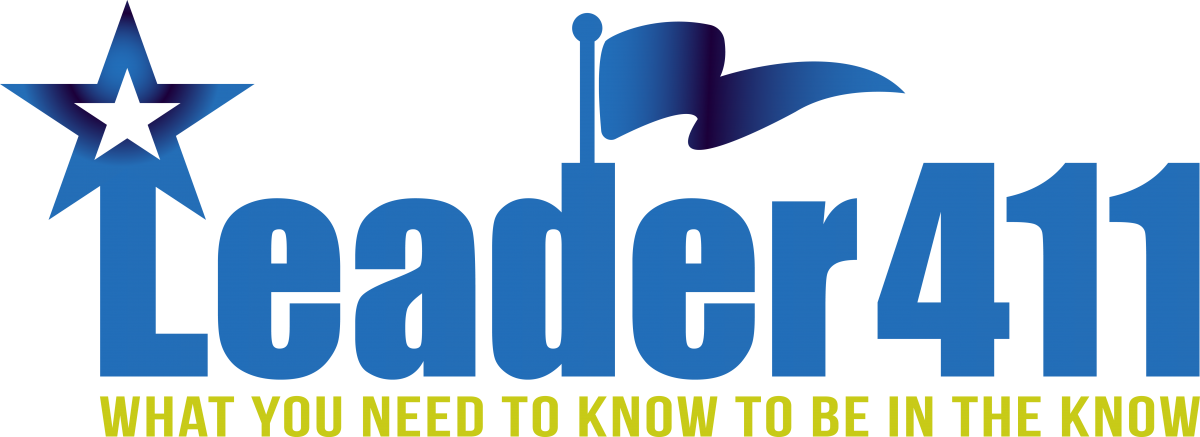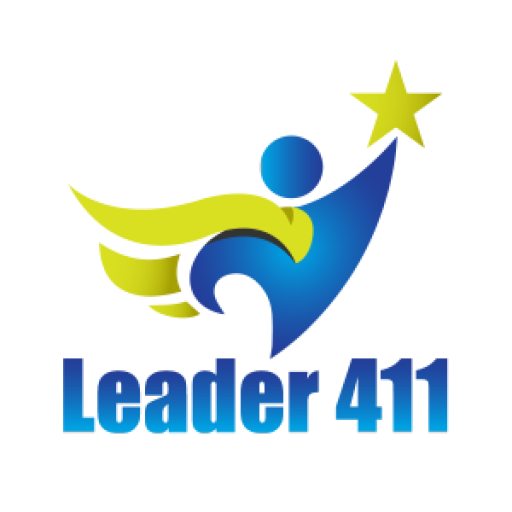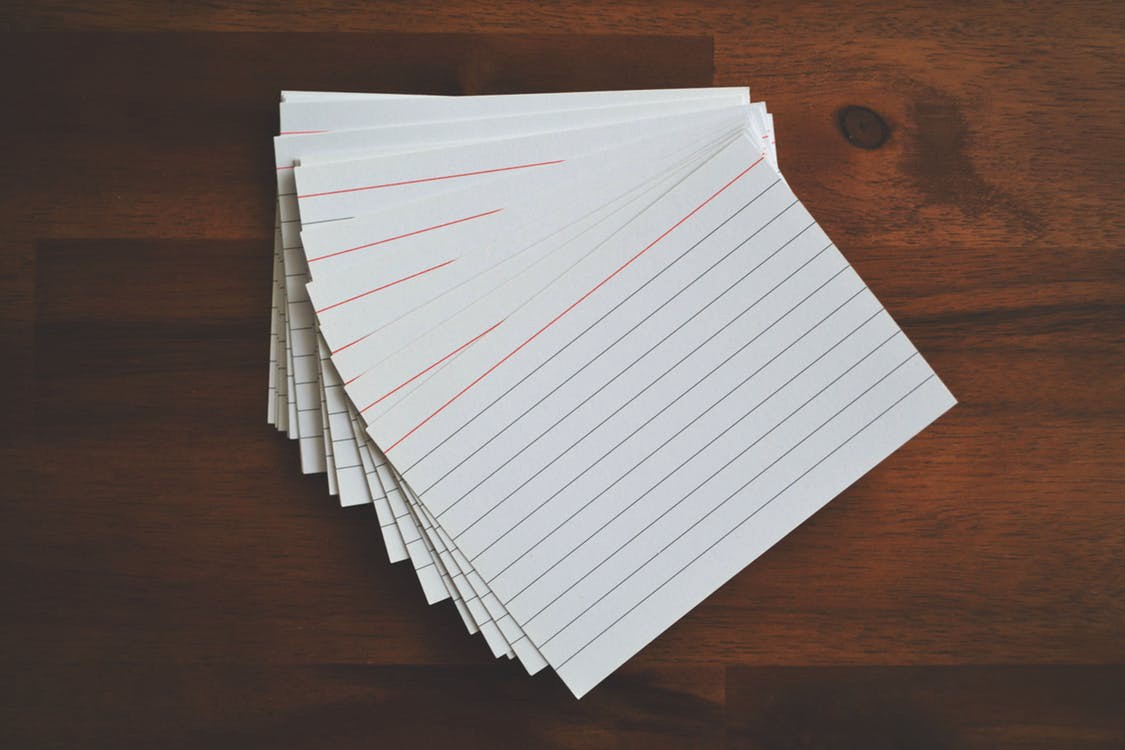“Learning is a Science” are a collection of articles dedicated to the science of learning how to learn. In this article, the benefits and differences between recognition and recall memories are discussed. Also, suggestions for recall memory improvement are provided.
I’ve had several lightbulb moments in my life. One of the most impactful happened a few years ago during my PhD program. It was the class before our next test. Our professor, a researcher of the learning process, made a brief comment.
“Remember to study for recall, not just for recognition.”
I had no idea what he was talking about. I asked for clarification.
“There are two main types of memory, recognition and recall. Recognition is where you things seem familiar. Maybe a familiar face or a familiar article is mentioned. Recall is where you have command of the information. You can recall on demand information about the articles or other important information. Most people study for recognition, but for tests you want to make sure to study for recall as well.”
With that the class filed out onto their next task. I sat stunned. In just a brief few seconds so much of my life was explained. I, like many of you, was the person that helped everyone study. I knew the answers in class. I knew the answers the day before the test, but when I sat down to take tests I would struggle. High school, undergrad, MBA. All the same. Finally, during my final degree I learned something about learning.
Recognition vs. Recall Memory
For many of us, studying was looking over notes, rereading the textbook, checking study guides, etc. the day before the test, sometimes even the morning of. This is good for recognition memory, which is important, but it’s missing a major component. Studying like this leads to moments on the test where you may catch yourself saying “I know I know this! Why can’t I think of it?!” This is recognition without recall.
Recognition memory triggers recall memory. When train your mind for both the scenario plays out differently. “I know I know this…oh yeah. I remember!”
There are many ways to enhance recall memory. One of the key ways is to test yourself. Create tests for yourself. Don’t give yourself the answers. Struggle through the problems. Only look at the answers when you’re done. A classic example of training for recall memory is flashcards. The clue is on one side. The answer is on the other. Show yourself the clue, but don’t turn the card over until you attempt to answer. Then create two piles. The ones you get right you can put in the correct pile and review them less frequently than the ones you answered incorrectly.
I used flashcards before learning about recall memory, but I used them incorrectly. Using flashcards incorrectly looks like this “Ok, lets see. I know this. What was the answer again? (card flipped) Oh yeah. That’s what I thought. Ok. Cool.” That’s recognition memory. Good, but not complete without recall memory.
Tips for Studying with Flashcards
I thought flashcards were amazing. We have packs and packs of notecards at my house for my kids to create flashcards with. Their teachers encourage it. We encourage our kids to use them and they’ve seen great results. I’m a huge fan, so imagine my surprise when I discovered that there are several posts dedicated to how terrible flashcards can be. Shocked.
Upon further review, it turns out quite a few use flashcards incorrectly. They overburden the card, try to use cards on complicated issues or they use them briefly without actually testing themselves. There are good and better way to use flashcards. I’m a fan College Info Geek’s suggestions for using flashcards (click here).
Here are a few of my own tips I’ve discovered along the way. Use the flashcards regularly to review. Use them in different settings. Use them forward and backwards. Mix them up so they’re not in the same order every time. Spend more time on the items you aren’t as familiar with and less on the items you are absolutely familiar with.
Essentially though, use flashcards as a very useful tool, not as a silver bullet. There are other very useful practices such as studying a little every day and getting plenty of sleep that are critical to long term learning success. Flashcards is just one tool is a large learning system to increase retention.
Continue Learning about Learning
Since learning about recognition and recall memory I’ve invested quite a bit of time into learning about learning. I’ve adjusted my role as a professor from just a sharer of information to the leader of the learning process. Content and Delivery.
I have content that the students need, but the method of delivery can be just as important as the content I am providing. I organize my class and use activities in a way to enhance knowledge acquisition and retention. I have a long way to go, but I continue the research because I’m passionate about what I teach and feel my students will benefit greatly if they retain the information I am sharing.
Improving recall memory can help in several ways in the workplace. Have a big presentation? Delivering a big training? Looking to learn names of the students in your classroom? Redesigning a process at work and need command of data? Whatever it may be, if you need to recall important information, look to increase your recall memory.


